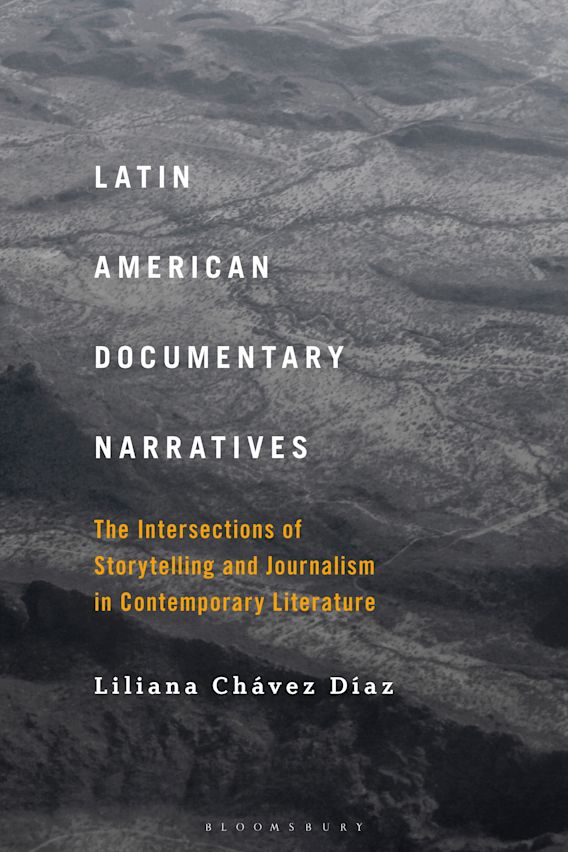A warm congratulations from the Research Impact Team to Liliana Chávez Díaz, who was recently awarded the Victor Villaseñor Best Latino Focused Nonfiction Book Award for her book, Latin American Documentary Narratives: The Intersections of Storytelling and Journalism in Contemporary Literature, published by Bloomsbury.
Documentary Narratives, which was recognised at the International Latino Book Awards, explores the uses and ethical limitations of journalistic investigation in contemporary Latin American literature. It brings together a diverse array of genres, topics, and authors to investigate the boundary we construct between fact and fiction. Judges praised the book as ‘a needed read for the times in which we live’.
Convened by the non-profit organization Empowering Latino Futures, the 24th International Latino Book Awards Ceremony was held in Los Angeles last weekend, and it is considered one of the largest Latino cultural distinctions in the US.
Liliana Díaz is lecturer in Latin American Studies in the School of Modern Languages. She gained her PhD in Spanish from the University of Cambridge, and a Master’s in Latin American studies from Universidad Nacional Autónoma de México. Her work typically explores Latin American nonfiction, women’s writing, and popular culture. A journalist by training, Chávez Díaz is particularly insightful in her analysis of journalism, which she often approaches from an international perspective that is sensitive to the role of journalism as an interface between different cultures.
Following the success of her latest book, Chávez Díaz is researching issues of women’s mobilities in nonfiction. She is currently working on a chapter for the Routledge Companion to World Literary Journalism that further explores this interface. The chapter, which will be published at the beginning of next year, focuses on the work of Mexican-born journalist Alma Guillermoprieto. Over a career of nearly 45 years, Guillermoprieto has brought a wide variety of Latin American issues to the attention of an American audience. Accordingly, Chávez Díaz’s chapter suggests that literary journalists act as interpreters between the cultures of their audience and the subject matter.
Edited by John Bak and Bill Reynolds, the Routledge Companion to World Literary Journalism will be available in the new year. In the meantime, read the newly award-winning Latin American Documentary Narratives: The Intersections of Storytelling and Journalism in Contemporary Literature, which is available now.
Book item’s DOI: http://dx.doi.org/10.5040/9781501366048

